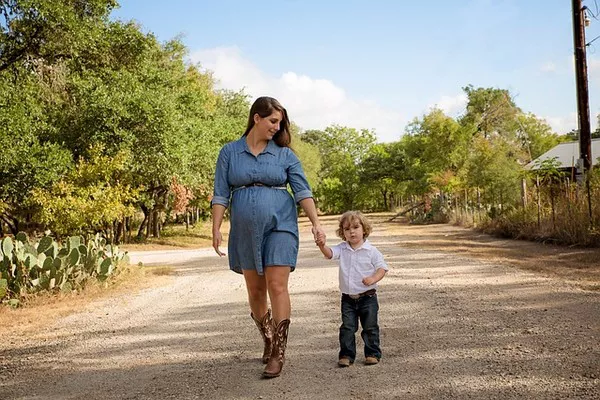Recent research conducted at the Yale School of Medicine and published in Cell Metabolism has unveiled a striking revelation: pregnancy may accelerate the aging process, albeit with a noteworthy twist—significant reversal of this effect occurs in the postpartum period.
Led by Assistant Professor Kieran O’Donnell, PhD, from the Yale Child Study Center, the study leveraged a distinctive pregnancy cohort with comprehensive epigenetic data spanning the gestational period. Utilizing ‘epigenetic clocks,’ the team calculated measures of biological aging to unravel the intricate relationship between pregnancy and aging.
Over the course of approximately 20 weeks, from early to late pregnancy, the study observed a notable increase in biological—or epigenetic—age, equivalent to approximately two years. This finding suggests a tangible acceleration of aging during pregnancy. However, the narrative took an unexpected turn when examining biological age in the same women three months postpartum.
“At three months postpartum, we observed a strikingly substantial decrease in biological age, with some individuals experiencing a reduction of up to eight years. Thus, while pregnancy initially elevates biological age, there is a discernible and pronounced recovery in the postpartum period,” remarked O’Donnell. These findings corroborate earlier research, indicating that various stressors may transiently elevate biological age.
Furthermore, the study uncovered intriguing nuances: maternal pre-pregnancy body mass index (BMI) exerted a negative influence on this recovery effect, resulting in higher biological age estimates postpartum. Conversely, breastfeeding precipitated a more rapid decline in maternal biological age from pregnancy to three months postpartum. O’Donnell underscored these findings as a promising avenue for future aging research.
“These findings open up a myriad of possibilities for further exploration. We must ascertain whether the postpartum recovery effect bears relevance for short or long-term maternal health outcomes and whether these effects accumulate across successive pregnancies. Additionally, we must investigate whether the postpartum decline in biological age reflects the system reverting to pre-pregnancy biological age or, intriguingly, if pregnancy may possess a rejuvenating effect,” O’Donnell remarked.
The study’s findings illuminate a complex interplay between pregnancy, aging, and maternal health, paving the way for deeper insights into the physiological processes underlying reproduction and longevity.

